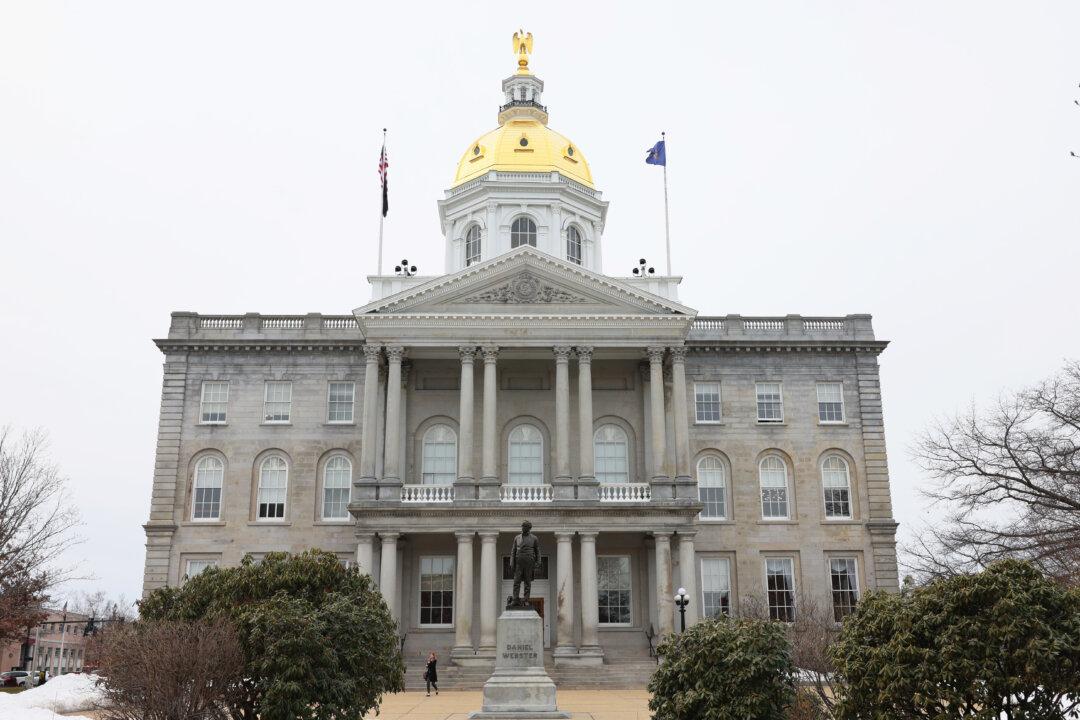The New Hampshire Senate on Friday advanced bills that would ban biological boys from girls’ sports in all public schools including state-run colleges, and mandate teachers to disclose any information requested by parents, including questions about gender identity.
In an across-the-board 14–10 party-line vote on the legislation, the Republican majority Senate also approved a bill that would ban obscene material from school libraries and voted to study a proposal to establish a cause of action for any injuries suffered from any “gender-affirming care,” from puberty blockers to surgery, performed in the state.




